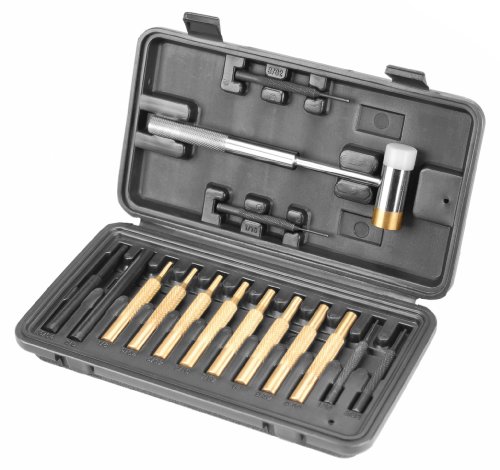MechGale
Member
In addition to taking off the day before the exam, I took last Thursday off (Good Friday was company holiday), and I have taken Thursday and Friday off this week to get some more study time in. Also, it gives you chance to try sitting still for long periods of time while doing problems, and you can see how different you work them starting in the morning, as opposed to coming home and studying after a long day at work.+1. The survival kit is one of the least discussed, but equally important things for the exam. My kit included klenex, some granola bars, hard candy, some drinks, a seat cushon, a wristwatch (I don't normally wear one), some ear plugs (in case the silent shuffling of papers got annoying), a sweatshirt, my reading glasses (I only need them when working on the comp, but just in case), a backup calculator, and about $10 in loose bills & change (vending machines, parking, etc).
I recommend visiting the exam site the day or two before to scope out parking, access, etc. When I did it, I found out that the other half of the building was hosting a home & garden convention and that there would only be 1 reserved parking area for exam takers. Because of the convention, ALL parking had a $5 fee and since I don't normally carry cash I would have been screwed.
Preparing your lunch the day before and bringing it with you would also be recommended. You don't really want to count on being able to just run down the road and hitup a drive thru.
Get to the exam early. The exam starts at 8, but they want you settled into your seats by 7:45 to start going over the rules, which means you really need to be there between 7 and 7:15. I showed up at 7:30 and was scrambling to get ready in time.
Don't change your normal routine. Eat your usual dinner & breakfast, go to bed at your usual time. Try to avoid caffene (coffee, energy drinks, etc) if you don't normally drink them, and if you do, limit yourself to your usual amounts.
You have spent hours and hours preparing yourself for the material on the exam, the last week should be focusing on preparing yourself for the physical ACT of taking the exam. Be ready to sit in one place for two 4-hour stretches with only a 30-45 minute break (they give you 1 hour, but you need to be back in your seat at least 15 minutes before the session begins). Be ready to adjust clothing as the day goes by because the room temp never stays constant, the adrenaline changes how your temp adjusts and how you feel. Be ready to write for 8 hours. I know this sounds simple, but since so many of us use computers for our day-to-day activities, you forget how cramped your hands can get if you have to constantly write for that long.
Biggest help for me: Take the day off before the exam. I mean COMPLETELY off. No work, no studying, no thinking. Go out and do something you find enjoyable and relax. I actually went out and test drove new cars. Nothing is more fun than absolutely raging a car that isn't mine, then just handing the keys back to the salesman, thanking him for his time, and leaving to the next dealership.
Since the exam is next Friday, I plan on doing a dry run tomorrow morning to see how long it will take to get there, as well as get an idea of where I need to go once there. I will have everything packed to go in the morning, and will get up like it is exam day, targeting being on-site by 7:00 am. I will make sure I have my kit ready to go at the back door, get the car loaded, eat breakfast, and go.
A good idea of what your exam kits should consist of can be found in the MERM Introduction chapter, starting on page XXVIII. Not sure if everyone has seen that or not, but it is a good thing to look at.





















